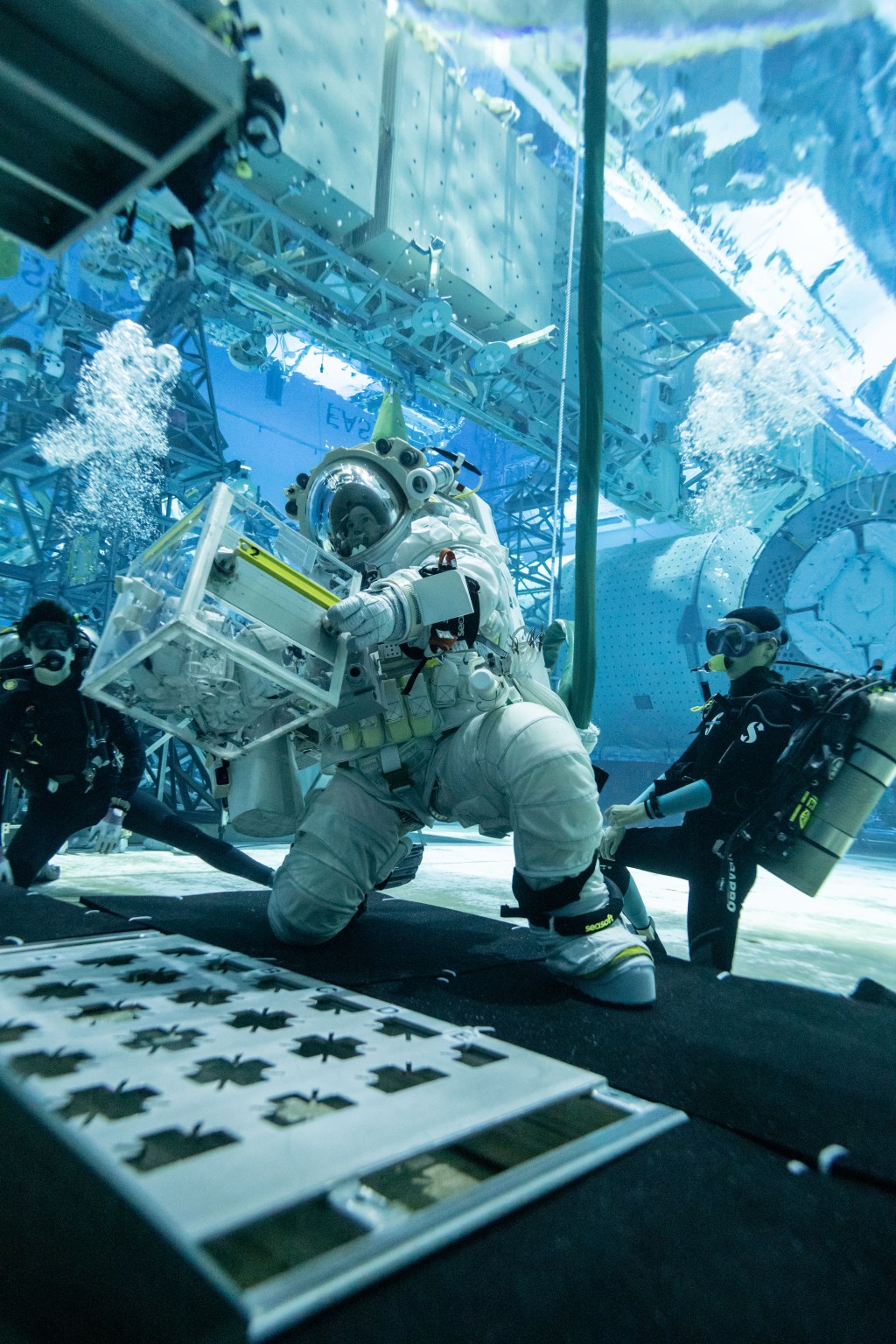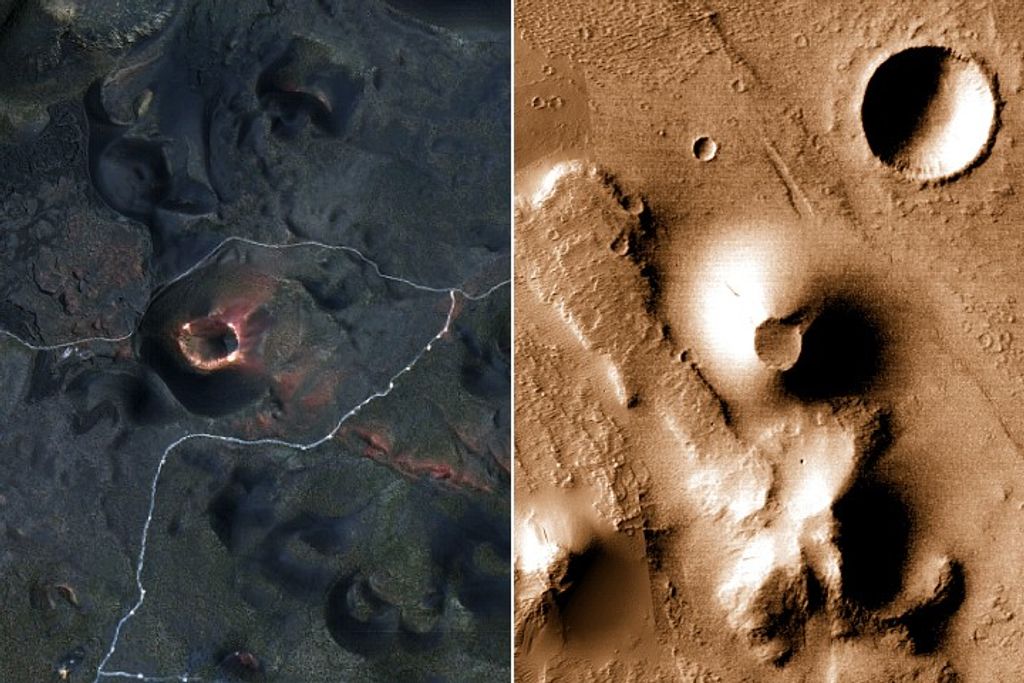
Dr. Lucas Paganini
Program Executive for the Roman Space Telescope
Dr. Lucas Paganini is the Program Executive for the Roman Space Telescope (Roman) within the Astrophysics Division at NASA Headquarters. Roman is designed to address fundamental questions in dark energy, exoplanets, and astrophysics. Additionally, he also oversees NASA’s Exoplanet Exploration Program (ExEP), which focuses on discovering and characterizing exoplanets to better understand their origins, development, and potential for habitability. By studying exoplanets, NASA seeks to answer critical questions about the diversity of planetary systems and the possibilities of life beyond Earth.
Before joining NASA’s Astrophysics Division, Dr. Paganini served as Program Scientist for the Juno mission (2021–2022) in Planetary Science. He led the development of mission goals and requirements for its extended phase, focusing on Jupiter and its moons—Ganymede, Europa, and Io. From 2019 to 2022, he was also the Program Executive for NASA’s Europa Lander. Dr. Paganini’s international experience includes serving as Program Scientist and interim Program Executive for ESA’s JUpiter ICy moons Explorer (JUICE) mission, which included three NASA-led instruments. Earlier in his career, he was a staff member at the Max Planck Institute (2004–2010) in Germany, where he led the development of instrumentation for international flight projects, including collaborations with ESA, NASA, and the German Space Agency on missions like Vesper, SOFIA, and the Europa Jupiter System Mission (JUICE).
Dr. Paganini has over 15 years of experience as a planetary scientist, program manager, and science communicator, including 6 years at NASA Headquarters overseeing flight project teams, research programs, and strategic technology capabilities. He has a proven ability to oversee technical and budgetary aspects of complex projects, manage international collaborations, and ensure mission success.
A key highlight of his career was leading the telescopic survey that confirmed water vapor on Jupiter’s moon Europa using the Keck Observatory, a breakthrough in understanding potentially habitable environments in our solar system. He has authored over 30 peer-reviewed scientific articles focusing on planetary science, icy bodies, and instrumentation. In recognition of his contributions, an asteroid was named in his honor: (33323) Lucaspaganini.
Dr. Paganini’s core skills include managing the planning, development, and execution of space missions from formulation to operations. He is proficient in space science research, with expertise in planetary science and astrophysics. Dr. Paganini earned his Ph.D. in Natural Sciences from the University of Freiburg, Germany, in 2008, and a master’s degree in Electronics and Telecommunications Engineering from the University of Mendoza, Argentina, in 2003.
Más sobre Lucas en NASA español.



















